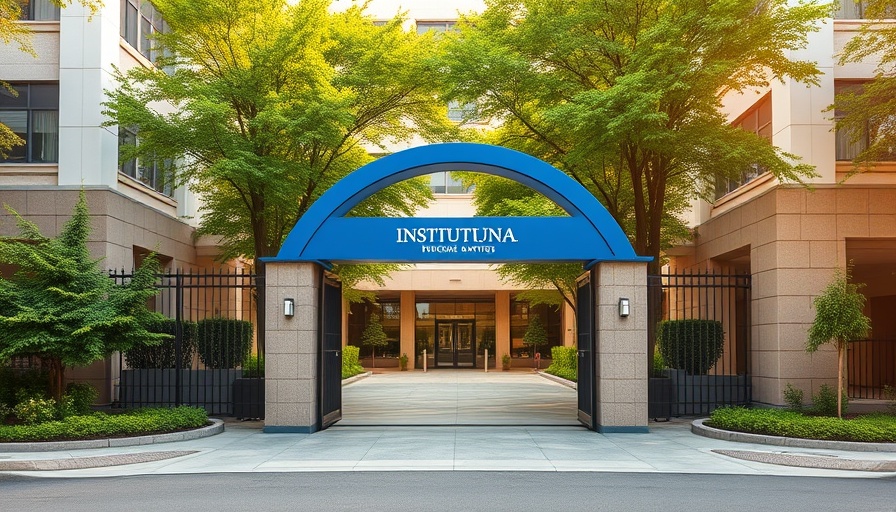
Faculty Uproar Over Temporary Deputation to Baramati Medical College
In a surprising turn of events, faculty members from a local medical college are expressing strong opposition to a decision to temporarily deputize their colleagues to Baramati Medical College. This shift has sparked a wave of concern that echoes throughout the institution, calling into question the fundamental rights and interests of the faculty involved.
Understanding the Concern: Temporary Deputation Explained
Temporary deputation involves reassignment of faculty to another institution for a set period. While this can foster collaboration and knowledge transfer, it frequently leads to anxiety among staff members. Faculty fear that such measures may undermine their roles within their original institution, leading to disruptions in teaching and learning processes. A robust educational environment depends on stable, committed faculty members, and any changes can drastically impact morale and the quality of education provided.
The Impact on Telemedicine Initiatives
One of the most alarming factors amidst this faculty upheaval is the potential interruption to ongoing telemedicine initiatives. As local healthcare continues to evolve, especially with the rise of digital healthcare solutions, faculty members are critical in guiding these developments. Telemedicine has been pivotal during the current health crisis, as it allows for ongoing patient care while minimizing virus exposure risks. A disruption in faculty presence could hinder telemedicine advancements, leaving vulnerable populations without necessary resources.
Faculty's Perspective: Voices from the Frontline
The faculty's uproar isn’t just a protest; it’s a call for dialogue and understanding. Many faculty members are concerned that decisions are being made without consultation. Dr. Anjali Deshmukh, a prominent voice in this issue, stated, "Our responsibilities shouldn't just be a matter of logistics. They impact our students and ultimately, our patients. We need to ensure that our needs and opinions are considered if these changes are to happen." This sentiment resonates with a significant portion of the faculty, who are alive to the potential ramifications of such decisions.
Counterarguments: Understanding the Decision-Makers' Perspective
While the faculty’s concerns are valid, decision-makers argue that temporary deputations are essential for addressing immediate needs. Baramati Medical College may require additional hands to ensure that the healthcare demands in the region are met. This viewpoint highlights the balancing act required between meeting local healthcare needs and maintaining faculty stability in education institutions. In essence, it brings to light a conflict between immediate regional healthcare requirements and the long-term impact on educational quality.
Community Support and Solidarity
As concerns arise within the faculty, support from surrounding communities has surfaced. Local healthcare advocates and parents of medical students are rallying behind the faculty, promoting unity and awareness of the implications. This grassroots support is vital for creating change and ensuring the voices of faculty members are heard. It reflects a growing appreciation for the essential role educators play in shaping the next generation of healthcare professionals.
Emotional Ramifications for Faculty
The emotional toll on faculty involved in the uproar cannot be overlooked. Many faculty members feel their dedication to their roles is being undermined. As they grapple with the uncertainty of their job roles, apprehension is palpable. Human-centered storytelling encapsulates their struggle; these are dedicated educators who care deeply about their students and community and wish to secure the best possible future for both. Their anguish illustrates the intertwined nature of professional roles and personal identities.
Conclusion
The turmoil over the temporary deputation to Baramati Medical College serves as a poignant reminder of the importance of communication and understanding within educational institutions. As the faculty continues to voice their concerns, it is crucial to support open dialogues that engage all parties involved. Only through mutual respect and understanding can a path forward be forged—one that honors both the commitment to healthcare quality and the stability of educational excellence.
 Add Row
Add Row  Add
Add 




Write A Comment